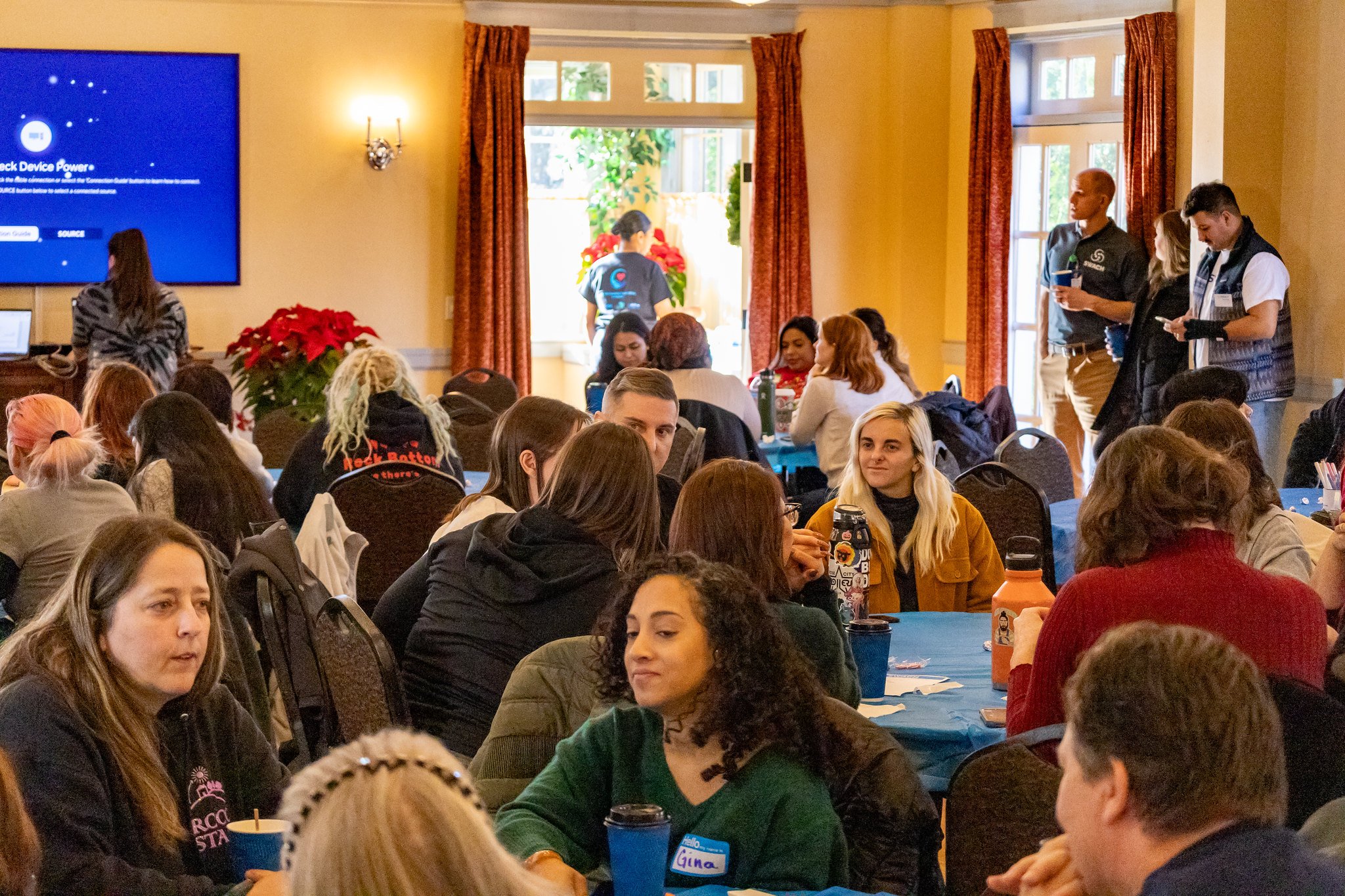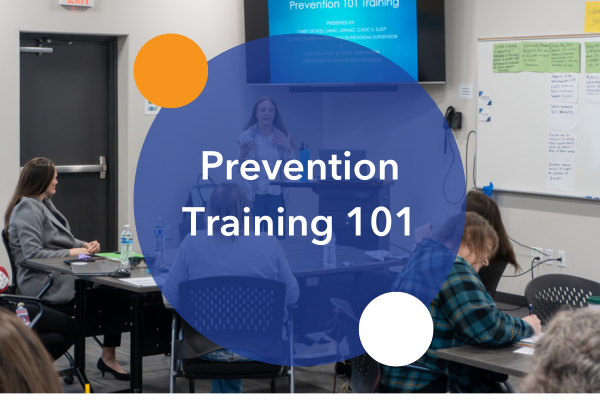
Community-based Workforce
The Power of Culturally Responsive Care
Empowering a Community-Based Workforce for Health Equity in Southwest Washington
At Southwest Washington Accountable Community of Health (SWACH), we believe that community health care is most effective when provided by those who understand the unique challenges individuals face. That’s why we are committed to strengthening a community-based workforce (CBW) across Clark, Klickitat and Skamania counties. Our approach focuses on health equity, culturally responsive care, and breaking down barriers to healthcare access for underserved populations.
Building a Strong Community Health Workforce
Our community health network consists of Community Health Workers (CHWs), peer support specialists, and professionals from diverse sectors, all working to expand health care access and provide equitable health care solutions. Through collaboration with community health services, we ensure that individuals receive:
Culturally responsive care – Matching individuals with professionals who understand their cultural backgrounds, language needs, and lived experiences.
Whole-person wellness support – Addressing health care access barriers, such as transportation, food insecurity, and safety concerns.
Health equity and inclusion – Advocating for equitable health care services and ensuring that all community members receive quality care.
Advancing Community Health in Southwest Washington
By strengthening the community-based health care workforce, SWACH is working toward better health outcomes and quality improvement in health care across the region. Through collaboration with community health organizations, we drive:
Community health improvement initiatives
Enhanced care coordination between providers and community organizations
Better health services for rural and urban populations
Get Involved & Learn More
Join us in expanding health equity, improving access to care, and strengthening community health partnerships in Southwest Washington. Learn more about our Community-Based Workforce on our news page and explore how HealthConnect Hub bridges the gap between health care services and community needs.
Strengthening Health Care Access & Equity in Washington
SWACH is dedicated to improving health equity and expanding community health care services through key initiatives:
HealthConnect Hub – Connecting individuals to health care resources and social services.
Community-based organizations – Partnering with Washington health care agencies to support local health care programs.
Community support networks – Providing training and funding opportunities to health nonprofits and partners in health.
What are the Benefits of a Community-Based Workforce?
Community-based workforces go a long way in empowering local communities. Among the countless benefits are some key features.
Creating Health
Equity
By developing and supporting a community-based workforce, SWACH and our partners can better create health equity in our region. These professionals can provide holistic, wrap-around support that community members may need. A strong community-based workforce can bring an equity lens to this work, understanding certain populations face unique barriers to accessing care services. Through individuals with relevant, lived experiences, we can combat many of the inequities that exist in these systems.
Connecting Community Members to Trusted Messengers
The Community-Based Workforce is made up of individuals who call Southwest Washington home. For many of our community members, they know they can trust these professionals when seeking support. That makes our CBWs trusted messengers - individuals who can share important information regarding health and social services to individuals in a way that feels natural and comfortable.
Breaking Down Siloes Between Services
Oftentimes, people seeking supportive services need help in more than one aspect of their lives. The siloes between these important services can lead to some unmet needs. CBWs are knowledgeable and well-trained in how to break down those siloes to ensure people get the full scope of care they need. Leveraging a trusted, personal relationship with their clients, they can regularly identify additional barriers individuals may face.











